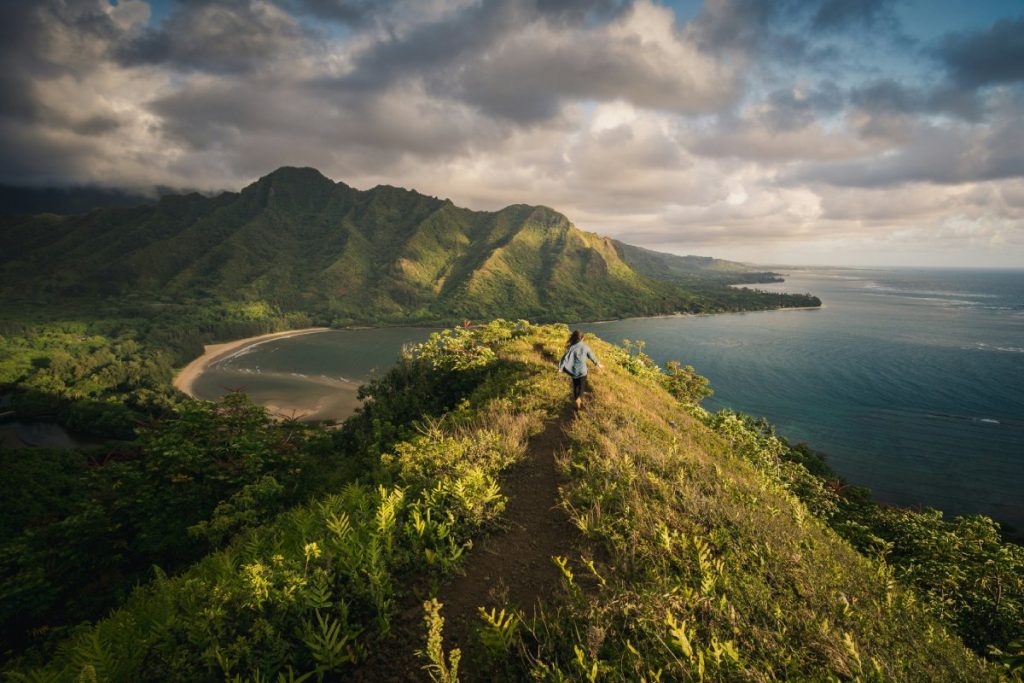Maui is set to see a new and more resilient future thanks to billions in spending from the Hawaiian government, according to Governor Josh Green. The island faced a devastating wildfire over a year ago that resulted in the destruction of thousands of buildings and homes and the loss of over 100 lives. Despite affecting only a small part of the island, the event left the public with the impression that Maui was closed to tourism. Visitor spending in Maui has decreased by 20% compared to the previous year, but the government is working on rebuilding the island and attracting tourists back.
Governor Green discussed the ongoing reconstruction efforts in Maui, highlighting that all disaster debris has been removed, hotels are ready to welcome visitors, and new housing units are being built with the assistance of FEMA. He predicts that there will be a significant interest from repeat tourists who had previously visited Maui for special occasions and events. Green emphasized that the joy of witnessing the rebuilding of people’s lives will be a draw for these visitors.
Short-term rentals have been a major concern in Maui, with the demand for them crowding out housing for locals. Governor Green aims to gradually shift some short-term rentals into the residential housing market to address the affordable housing shortage on the island. Local officials are considering phasing out thousands of short-term rentals to free up more housing. The government has also signed a bill granting county governments the authority to regulate transient accommodations, including short-term rentals.
The town of Lahaina, which was completely devastated by the wildfire, is currently undergoing discussions on its future in tourism. Governor Green stated that tourism will continue to play a significant role in Lahaina’s economy and highlighted efforts to restore cultural and natural landmarks in the town. The government is working with local organizations to restore Mokuʻula Island, a sacred site for locals.
As part of the effort to make Hawaii more resilient to climate change-related disasters, Governor Green is exploring ways to finance climate resilience projects. He has proposed charging tourists a climate impact fee to raise funds for fortifying hotels, businesses, and infrastructure against future risks. The state is also focusing on sports tourism, planning to host pre-Olympic events and other sporting competitions to attract visitors and generate revenue for the state. Hawaii is positioning itself as an ideal location for sports events due to its geographical advantages.
In response to a more balanced approach to tourism post-pandemic, Hawaii is focusing on encouraging travelers to have a more immersive experience and stay longer on the islands. The Hawaii Tourism Authority has been working on managing visitor numbers to prevent overcrowding in certain locations. Governor Green emphasized the importance of generating significant returns on investment from tourism to fund solutions for education, homelessness, climate resilience, and housing. The state is taking steps to ensure that tourism benefits both visitors and local communities while also generating revenue for essential projects.














